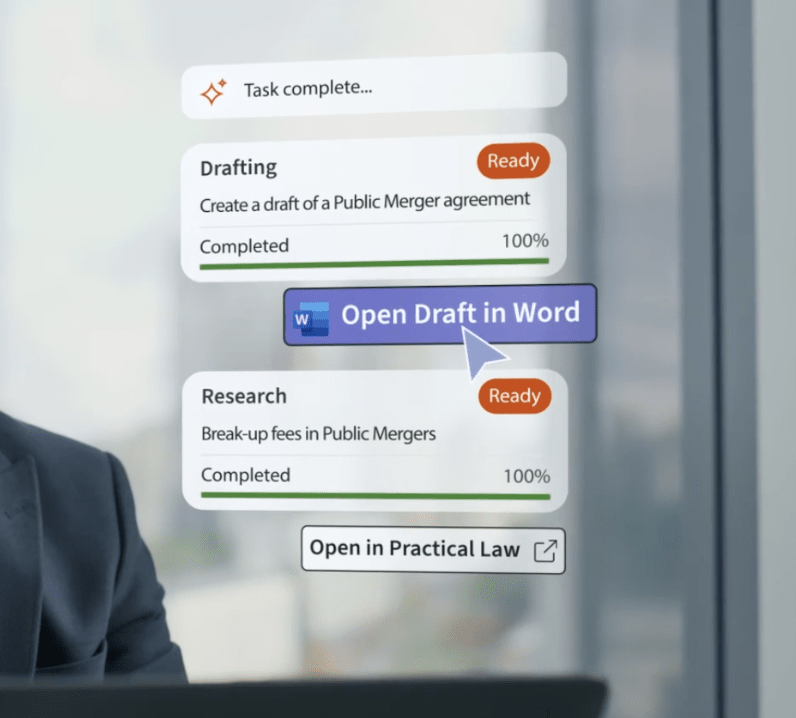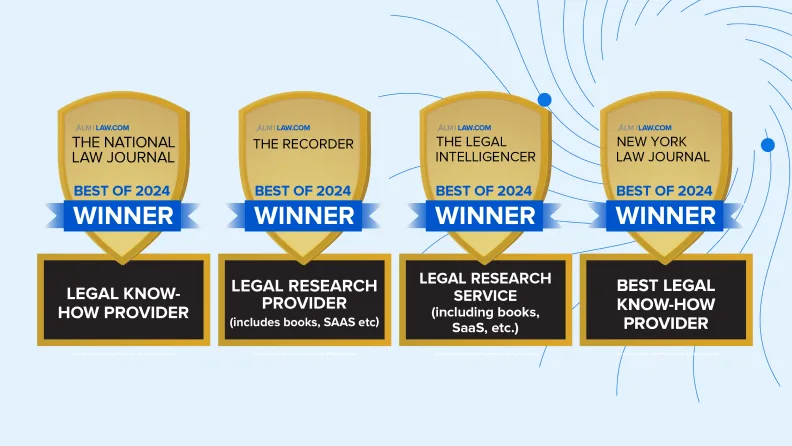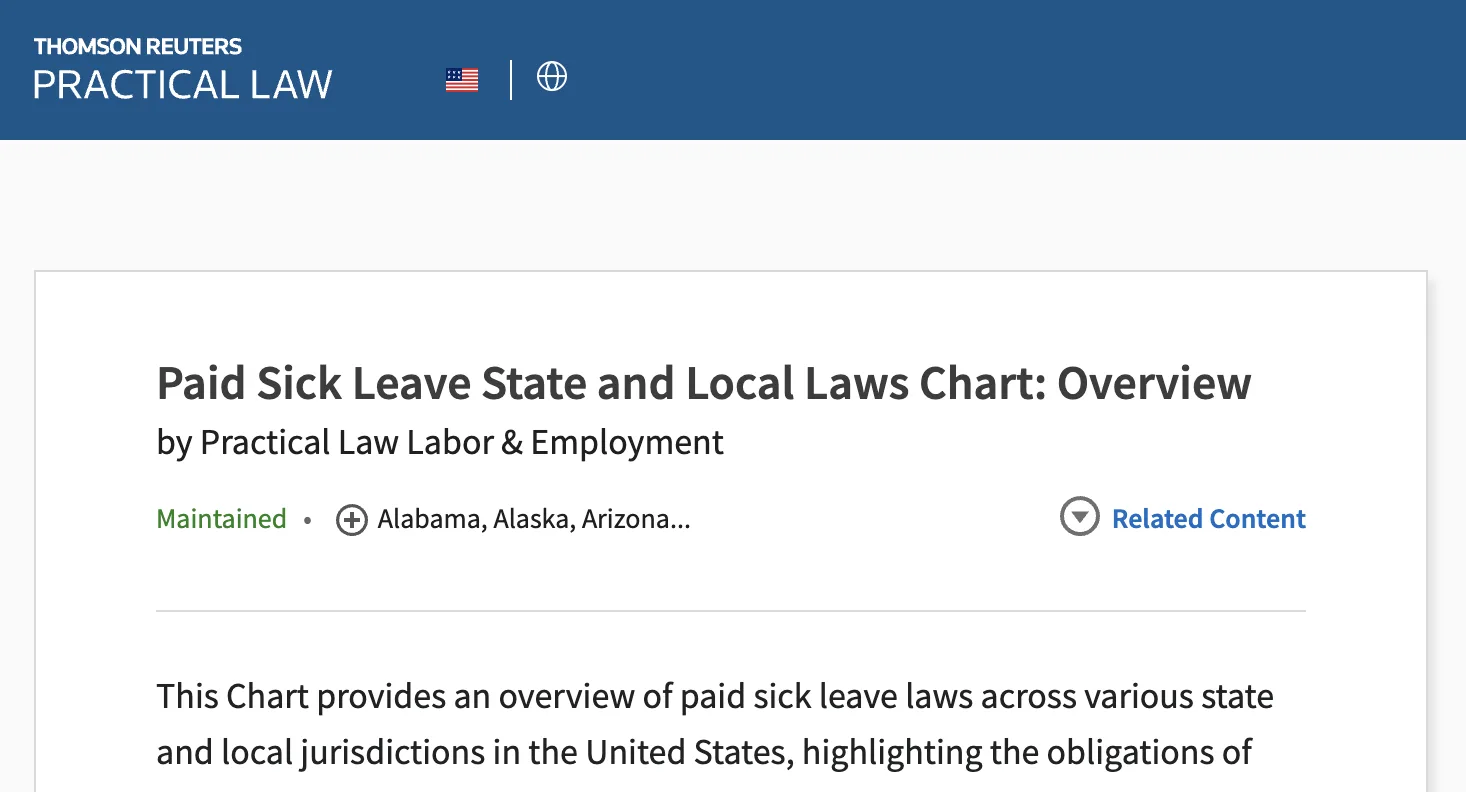A research primer on paid sick leave Family and Medical Leave Act (FMLA) for legal professionals
Highlights
- The Family and Medical Leave Act (FMLA) is a federal law providing up to 12 weeks of unpaid, job-protected leave, whereas paid sick leave (PSL) laws are a complex patchwork of varying state and local regulations.
- Legal professionals must ensure compliance by managing key factors such as employer/employee eligibility, notice and documentation requirements, leave administration, and the interplay with other employment laws like the Americans with Disabilities Act (ADA).
- Staying current in this evolving legal area requires actively researching resources from the Department of Labor (DOL), tracking state and local legislation, reviewing new court decisions, and consulting with employment law experts.
Paid sick leave and the Family and Medical Leave Act (FMLA) provide critical protections for employees, and understanding their intricacies is crucial for advising clients, representing employees, or ensuring compliance as in-house counsel.
In this blog, we summarize the essential facts and steps to get started on legal research regarding paid sick leave and the FMLA.
Jump to ↓
Paid sick leave laws: A patchwork of state and local regulations
Key considerations for attorneys and in-house counsel
Steps to get started on legal research
Understanding the FMLA
The FMLA is a federal statute that provides eligible employees with up to 12 weeks of unpaid leave in a 12-month period for certain family and medical reasons, such as the birth, adoption, or foster placement of a child, a serious health condition, or caring for a spouse, child, or parent with a serious health condition. The FMLA applies to private sector employers with 50 or more employees, as well as public agencies and schools.
To be eligible, employees must have worked for the employer for at least 12 months (not required to be consecutive), completed 1,250 hours of service in the 12 months preceding the leave, and work at a location with 50 or more employees within a 75-mile radius.
Paid sick leave laws: A patchwork of state and local regulations
In contrast to the FMLA, paid sick leave laws vary significantly by state and locality. Some states, such as California, New York, and Massachusetts, have implemented statewide paid sick leave laws, while others, like Washington D.C. and Seattle, have enacted local ordinances.
These laws often require employers to provide employees with a certain amount of paid time off for illness, injury, or family care, and may have different eligibility requirements, accrual rates, and usage rules.
Key considerations for attorneys and in-house counsel
When advising clients or ensuring compliance with paid sick leave and FMLA laws, consider the following key factors:
Eligibility and coverage
Determine whether the employer is covered under the FMLA or applicable paid sick leave laws, and whether the employee meets the eligibility requirements.
Notice and documentation
Ensure that employees provide adequate notice and documentation to support their leave requests, and that employers respond promptly and in accordance with the law.
Leave administration
Develop procedures for administering leaves, including tracking employee time, managing benefits, and ensuring job reinstatement.
Interplay with other laws
Consider the interplay between paid sick leave and FMLA laws and other employment laws, such as the Americans with Disabilities Act (ADA) and the Pregnancy Discrimination Act (PDA).
Policy drafting and training
Make sure policies are drafted to reflect applicable law. Existing staff should be trained on proper documentation of leave, anti-retaliation protection and leave rights.
Steps to get started on legal research
To stay current on paid sick leave and FMLA developments, follow these steps:
- Visit the U.S. Department of Labor (DOL) website: The DOL provides comprehensive resources on the FMLA, including regulations, guidance, and FAQs.
- Monitor state and local law updates: Track changes to paid sick leave laws in your jurisdiction using sites like the National Conference of State Legislatures (NCSL) or the American Bar Association (ABA).
- Consult with employment law experts: Join professional organizations, such as the Employment Law Section of the ABA, or attend conferences and webinars to stay informed about best practices and emerging trends.
- Review court decisions and regulatory guidance: Stay current on court decisions, such as the recent Seventh Circuit ruling in Severson v. Heartland Woodcraft, Inc., and regulatory guidance, like the DOL’s FMLA regulations (29 C.F.R. Part 825).

CoCounsel Legal
AI, trusted content, and expert insights from Westlaw and Practical Law resources
Jumpstart legal research ↗Paid sick leave laws by state and more resources
Navigating paid sick leave and FMLA laws requires a deep understanding of the complex regulatory landscape.
By following the steps outlined above and consulting with reliable resources, attorneys and in-house counsel can ensure compliance, advise clients effectively, and stay up-to-date on the latest developments in employment law.
For further research, consider the following resources:
- The Society for Human Resource Management (SHRM) provides guidance on implementing paid sick leave and FMLA policies.
- Practical Law is the most trusted and award-winning legal know-how provider and includes resources for labor and employment law.
What is Practical Law?
Practical Law is the most trusted and award-winning legal know-how provider. Resources include standard documents, checklists, legal updates, how-to-guides, and more.

92% of customers agree Practical Law helps them get up to speed and practice more efficiently
Over 650 full-time experienced attorney editors globally keeping you up to date
118,000+ total resources across 17 practice areas ensuring comprehensive coverage
134,000+ hours spent in 2024 maintaining and updating resources
State paid sick leave law resources
Get access to state sick leave resources maintained by our attorney-editors below when you sign up for a free trial.
Alaska sick leave law resources
Arizona sick leave law resources
California sick leave law resources
Colorado sick leave law resources
- Paid Time Off/Vacation and Sick Leave Policy (CO)
- Leave Laws: Colorado
- Drafting a Paid Sick Leave Policy Checklist
Connecticut sick leave law resources
- Leave Laws: Connecticut
- Leave Policy Language: Connecticut
- Ogletree Deakins: Connecticut Legislature Makes Changes to Connecticut Paid Sick Leave Law
District of Columbia sick leave law resources
Georgia sick leave law resources
Illinois sick leave law resources
- Paid Time Off/Vacation and Sick Leave Policy (IL)
- Leave Laws: Illinois
- Leave Policy Language: Illinois
Louisiana sick leave law resources
- Paid Time Off/Vacation and Sick Time Policy (LA)
- Leave Laws: Louisiana
- Leave Policy Language: Louisiana
Maine sick leave law resources
Maryland sick leave law resources
Massachusetts sick leave law resources
- Paid Time Off/Vacation and Sick Leave Policy (MA)
- Paid Time Off/Vacation and Sick Leave Policy Clause (MA)
- Leave Laws: Massachusetts
- Leave Policy Language: Massachusetts
Michigan sick leave law resources
Minnesota sick leave law resources
- Paid Time Off/Vacation and Sick and Safe Time Policy (MN)
- Leave Laws: Minnesota
- Leave Policy Language: Minnesota









